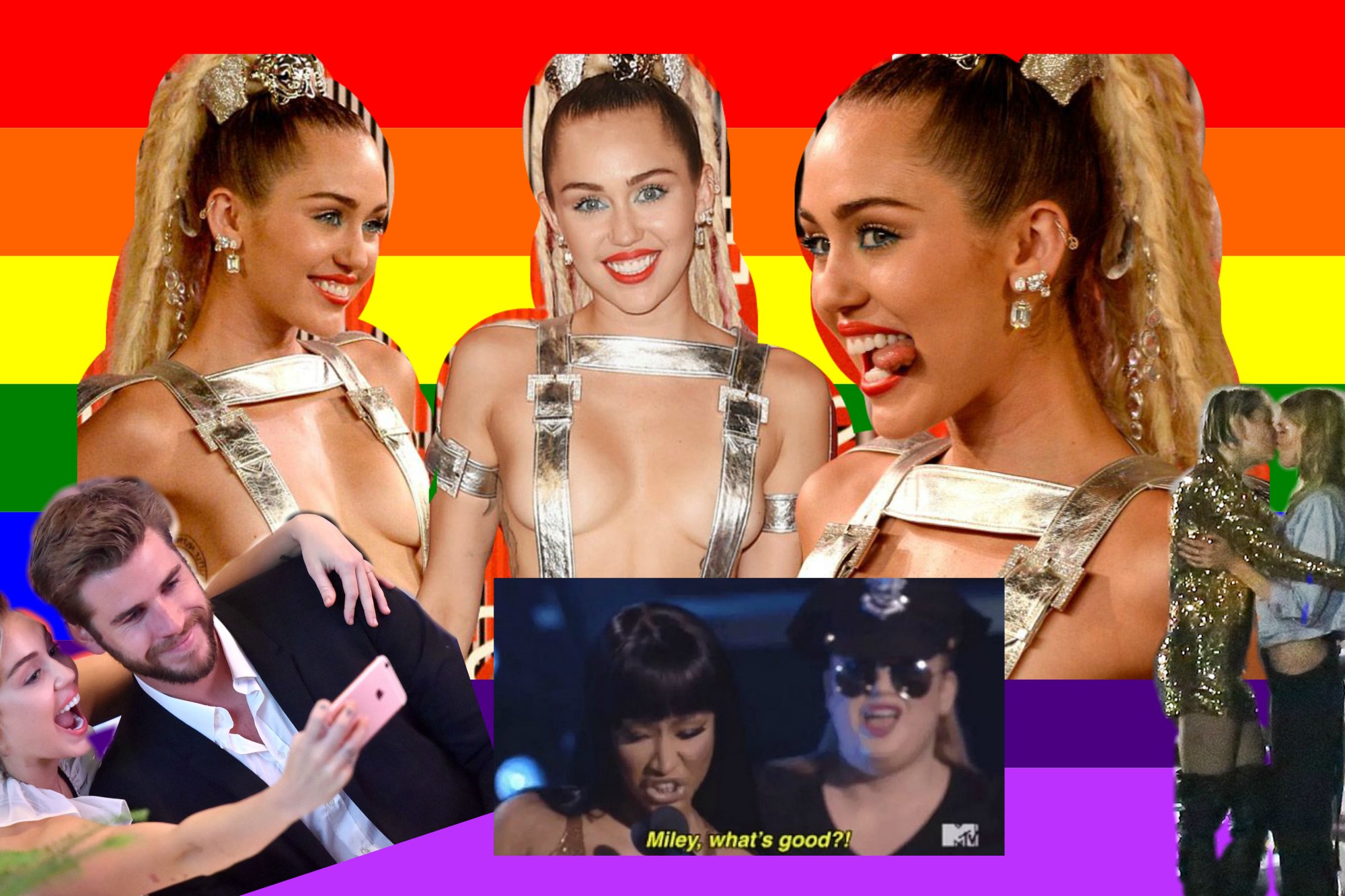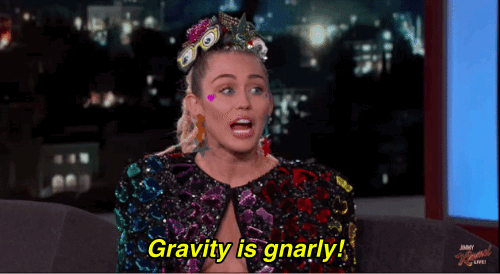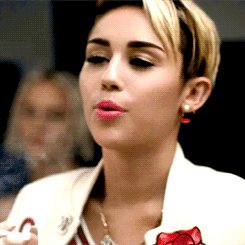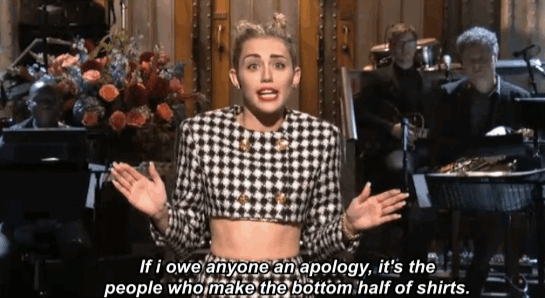Miley Cyrus: Queer? Yes. Probbo? Also Yes
By Matilda Douglas-Henry
Miley Cyrus has always been a provocative sore spot for pop culture, ever since she shed the Disney child star label and each one of her top 40 hits became an allegory for taking drugs. She has worked for, and against, legitimising progressive politics in the public eye – demonstrating both a compassionate understanding of the queer community, and cringe-inducing ignorance when it comes to cultural appropriation, blackness and intersectional feminism.
It begs the question: is Miley just another young queer woman learning every day, with the unfortunate reality of having all her mistakes broadcast to the world; or is she a privileged celebrity who uses minorities as a conduit for her own self-worth?
Is she an important pop culture figure, or a damaging one?
Personally, I have always felt conflicted about Miley. There are some things about her that I find delightfully infectious. I like her music – We Can’t Stop was my party anthem of 2013, and I listen to her cover of Jolene relatively regularly. I appreciate that she is a person who was raised in the spotlight, but had regular coming of age experiences like anyone else. Even though her burgeoning love of smoking weed was documented heavily by the media, it wasn’t really that big a deal. Miley seemed more comfortable in her identity than ever before, and in that moment, she stood for something important. She was an icon for de-stigmatising recreational drug use, and her unapologetic attitude for getting stoned every day and taking MDMA at parties was incredibly refreshing.
From there, however, the waters only get murkier. Cyrus’s relationship to queerness is vexed at best; informed largely by her problematic understanding of race. Last week she was interviewed by Variety – the magazine had a Power of Women issue that celebrated such legends as Laverne Cox, Ava DuVernay and Helen Mirren. Cyrus was being recognised for The Happy Hippie Foundation – her non-profit organisation that primarily seeks to fight inequalities that are faced by homeless LGBTQIA youth. This is obviously such an important cause, but it feels jarring when Cyrus is promoting the foundation in some of her infamous culturally appropriative garb, which seems to be the case literally all the time.
In the interview, Cyrus elaborates on her sexual identity. She considers herself pansexual, and says that this realisation came from going to an LGBTQ centre in Los Angeles.
“I saw one human in particular who didn’t identify as male or female. Looking at them, they were both: beautiful and sexy and tough but vulnerable and feminine but masculine. And I related to that person more than I related to anyone in my life.”
Cyrus goes on to say that her gender is “unassigned” and “that’s why I don’t feel straight and I don’t feel gay. It’s because I’m not.” She also reveals that she always knew she wasn’t straight, and that her parents found it difficult to accept her – now, as a judge on The Voice, Billy Ray and Tish finally get her struggle.
“On The Voice, this young girl started crying when she left, because I’m the reason she came out. My mom started crying. She was like, ‘I’m so sorry about the way I was when you were that age and coming out.’ She never understood me until she saw that girl who couldn’t be herself. It was very cool.”
This all seems innocent enough. It is even commendable. I like that Miley chose to come out as pansexual. In light of Coming Out Day last week, one thing was made clear – that it can be really difficult to describe how you define your own queerness, especially if you choose not to prescribe to gay/straight binaries. It is really important that a commercial pop star uses her voice to raise awareness to the beautiful and varied spectrum of the queer rainbow. But is Cyrus the right person for the job?
Considering these comments within Cyrus’s broader context taints the entire interview with a pervasive sense of privilege, a disregard for intersectionality, and an overarching misunderstanding of what it means to be a gender non-conforming person.
When I think of her at the queer centre in LA, encountering this person who she describes as a mythical token for her own enlightenment, I find it hard to forget the absolute doozy she made when she was about to host the MTV Video Music Awards last year, and responded to Nicki Minaj’s comment that popular culture does not celebrate women of colour by saying that Minaj was “not polite” and accused her of being selfish.
Of course, this went on to birth one of the most satisfying live celebrity altercations in recent memory, but Cyrus’s refusal to apologise – all the while with a mound of fake white dreadlocks on her head – was a searing reminder of her position as a white feminist. She is someone who fails to understand that marginalised cultures are not made up of emblems that can become her disposable playthings.
Similarly – when she talks about how being a judge on The Voice made her parents realise that she had a hard time when she was young – I don’t think I’ve ever heard such a privileged sentence. It is, indeed, wonderful that she has encouraged young people to come out. Much like Caitlyn Jenner, Cyrus’s reach is so broad that she would be exposing sheltered and conservative people to a more liberal understanding of queerness – but there seems to be a total unawareness of how one’s own privilege is something to be aware of, and interrogate, rather than choosing to recount one’s life experience with a blithe unawareness.
While gender, race and sexuality are different concepts, they inevitably intersect. It is hard to take Miley Cyrus seriously as a pioneer for queer rights when she has little respect for other marginalised cultures. A more self-aware Miley, who knows how to apologise for her mistakes, would be the perfect answer to a queer commercial celebrity. Then again, perhaps I’m being quick to judge – she could still get there.




